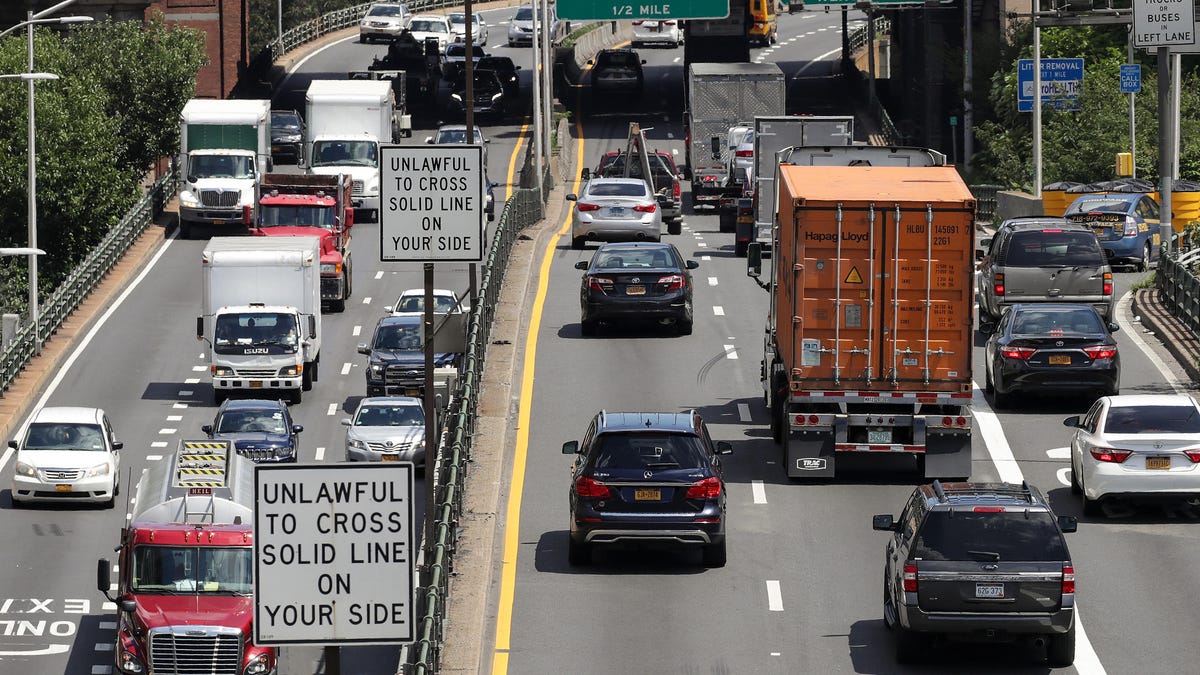19 states, DC plan to sue the government over proposed emissions rollback
Well, that escalated quickly.

Less than a full day after the federal government announced its intention to freeze fuel-economy and tailpipe emissions standards, a number of states are ready to take this proposal to court.
19 states, as well as Washington, DC, promised that they would band together to fight the government's proposed regulatory rollback, Reuters reports. If they do sue to stop these regulations, the resulting legal quagmire could push the case all the way to the US Supreme Court and would likely factor into the coming midterm elections in November.
The Department of Transportation believes that this proposal could reduce automakers' regulatory costs by $319 billion through 2029.
California has been able to set its own emissions standards for decades, in part to combat the smog that used to blanket its major cities, and Reuters points out that other states have chosen to follow in California's footsteps in years past. Together, this group of green-minded states comprises roughly one-third of the US auto market.
The new proposal, unveiled this week, is essentially a rollback of Obama-era regulations that were designed to produce gradual fuel-economy gains and tailpipe-emissions reductions. The Trump administration's plan would freeze the current Corporate Average Fuel Economy (CAFE) targets at their 2020 numbers through 2026. The proposal also eliminates California's ability to set its own greenhouse gas and zero-emissions-vehicle requirements, which would force it to live with the same rules that apply to every other state.
The government believes freezing the current 2020 standards until 2026 will produce several benefits with few drawbacks. It claims that automakers will save billions of dollars in regulatory-related costs, such as developing more efficient vehicles. It claims that the extra 500,000 barrels of oil the country would consume each day amounts to just a 2 to 3 percent jump, and that the resulting extra emissions in the air would only raise the global average temperature by 0.003 degrees Celsius by 2100. It also claims that lower new car prices would mean more folks buying them and moving out of older, less safe cars.
Yesterday's announcement was merely a Notice of Proposed Rulemaking, which means the public has 60 days to provide comments and feedback before anything is actually set in stone.

